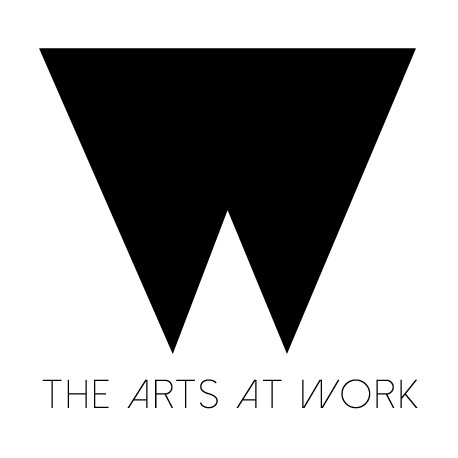Yesterday, Patti Smith’s “M Train” was released. On Saturday night, I had the awesome pleasure of observing her conversation with David Remnick as part of the New Yorker Festival. Days later, the thoughts and themes she articulated remain at the forefront of my mind.
Ms. Smith invoked a downtown (Manhattan) that wasn’t a glossy caricature of the artist life, but instead fecund soil for creativity. She did so in a tone of voice that was suffused with fatigue rather than nostalgia. Perhaps she was tired of reminding people that there were times when emerging art and outsider artists were vital sources of energy in the city, when the substance of art - not its sheen - was prioritized.
She warned the audience against the pull of disposable culture, and reminded us that it’s good work and good deeds that endure. In a world focused on immediacy, how often do we allow ourselves the time to do truly good work? Do we allot ourselves enough time to contemplate before we render something complete (or comment, or send)? How focused are we, honestly, on good deeds? When did we decide that simply looking good was enough?
Technology isn’t the enemy, but it’s not the answer either. We humans, individuals, communities, are the most powerful forces of advancement, and the arts are the vessel through which this power is best communicated.
It is the root that holds the magic that makes the flower bloom and bloom again, while petals inevitably shrivel.
I believe that widespread collaborations between the art and technology sectors will lead us to a future we are proud to inhabit.
Sacha Wynne, WӔRK Founder
Book cover image via Amazon









